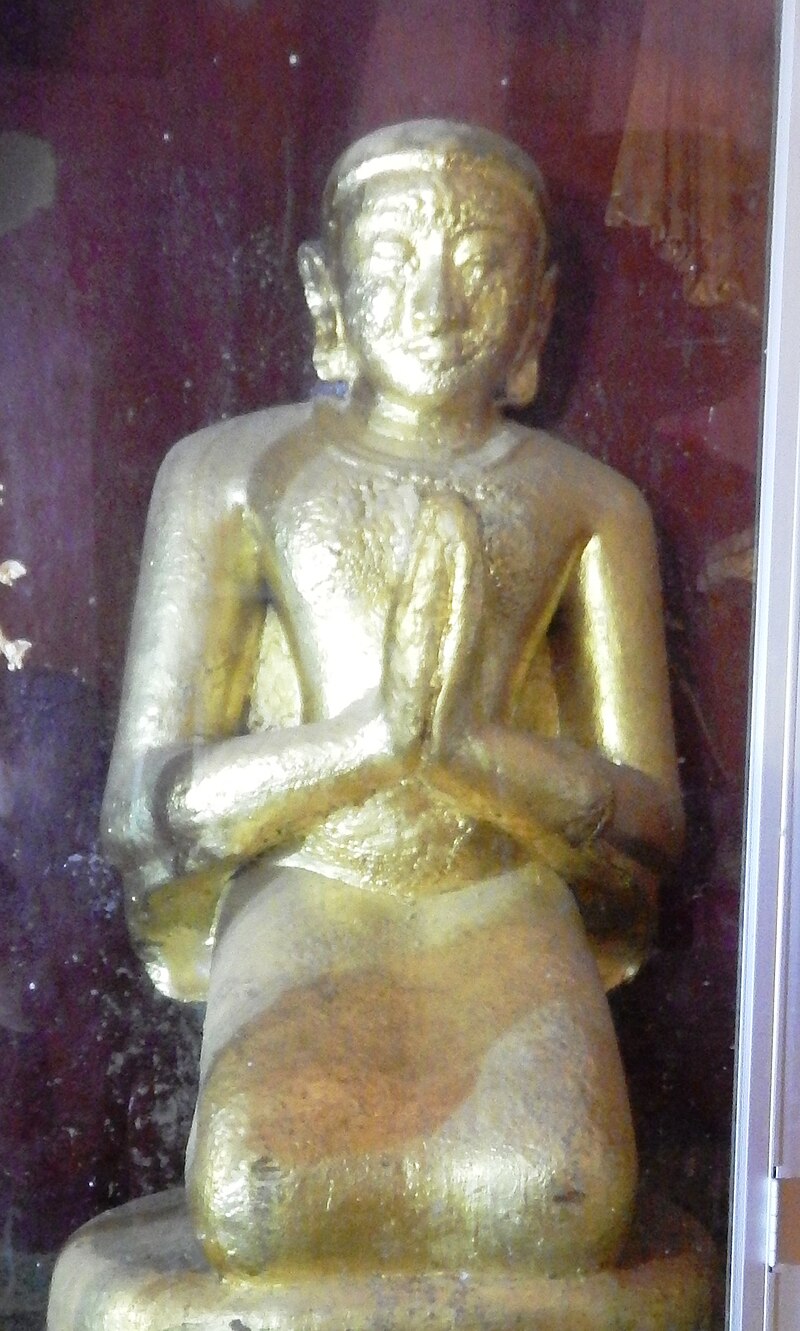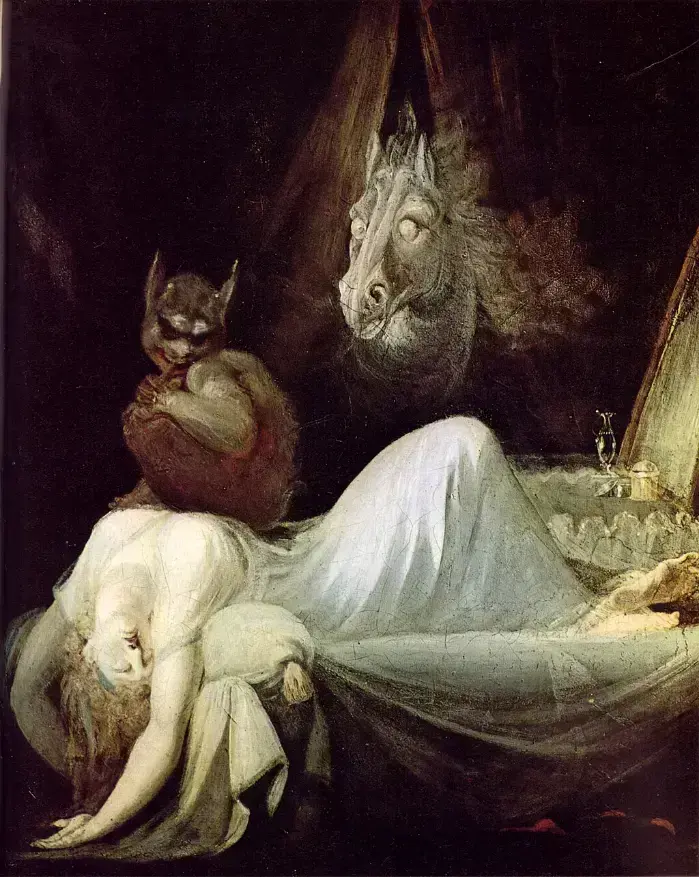Electra

Electra, also spelled Elektra (/əˈlɛktrə/; Ancient Greek: Ἠλέκτρα, romanized: Ēléktrā, meaning 'amber'), stands as one of mythology's most enduring tragic figures. She serves as the protagonist in two classical Greek tragedies: Sophocles' Electra and Euripides' work of the same name. Her powerful story of vengeance has inspired numerous dramatists throughout history, including Aeschylus, Alfieri, Voltaire, Hofmannsthal, Eugene O'Neill, and Jean-Paul Sartre.
In Aeschylus' The Libation Bearers—the second play in his Oresteia trilogy—Electra embodies the vengeful spirit. She strategizes with her brother Orestes to kill their mother, Clytemnestra, as retribution for Clytemnestra's murder of their father, Agamemnon. Electra's psychological significance extends beyond literature, as her name was adopted in psychology for the "Electra complex," describing a daughter's psychosexual competition with her mother for her father's attention.


